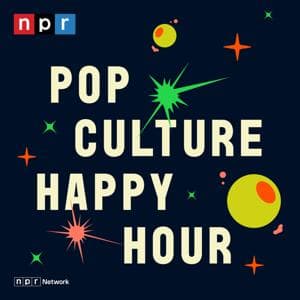Galaxy Quest was one of the great summer movies of 1999. Except it was released, for some reason, at Christmas.
The second feature film, both overall and in as many years following the Vince Gilligan-penned Home Fries with Drew Barrymore and Luke Wilson in 1998, from accomplished television director Dean Parisot, and witten by David Howard and Rob Gordon, Galaxy Quest stars Tim Allen, Sigourney Weaver, Alan Rickman, Enrico Colantoni, Tony Shaloub, Sam Rockwell, Darryl Chill Mitchell, Robin Sachs, Patrick Breen, Missy Pyle, Jeb Rees, and Rain Wilson and Justin Long in their film debuts.

























